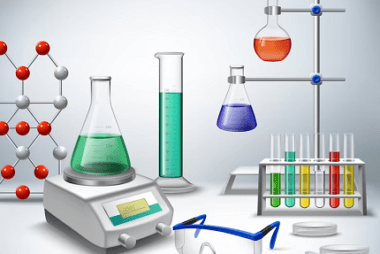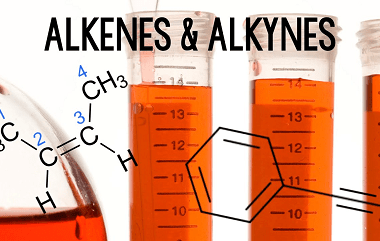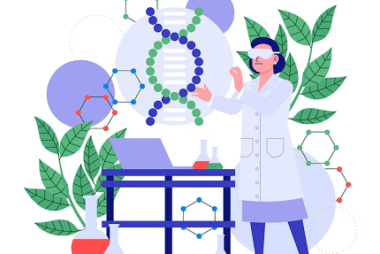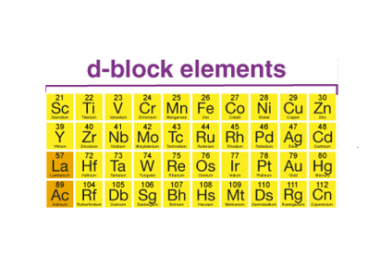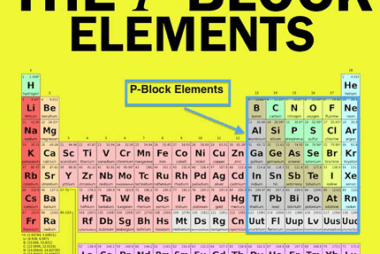JEE (Main+Advance) e-Intermediate Course Benzene
Benzene is an important topic in JEE (Main+Advanced) Chemistry, and it is a cyclic hydrocarbon with the molecular formula C6H6. Benzene is an aromatic compound, which means it has a unique stability due to its delocalized π electrons. Here are some important topics related to benzene that are usually covered in the JEE (Main+Advanced) e-Intermediate…
